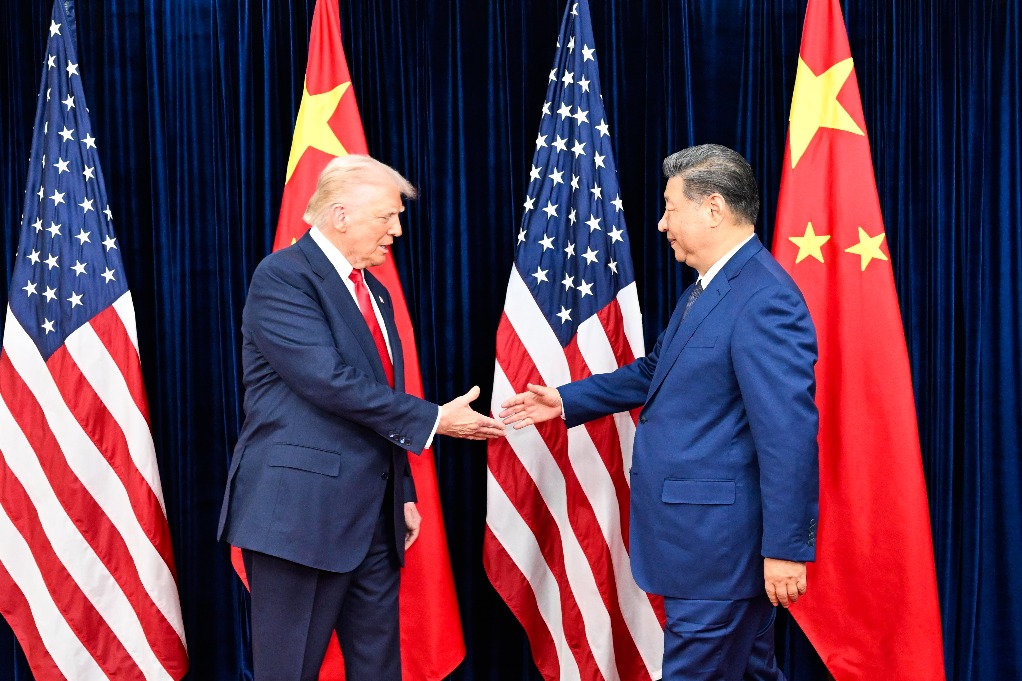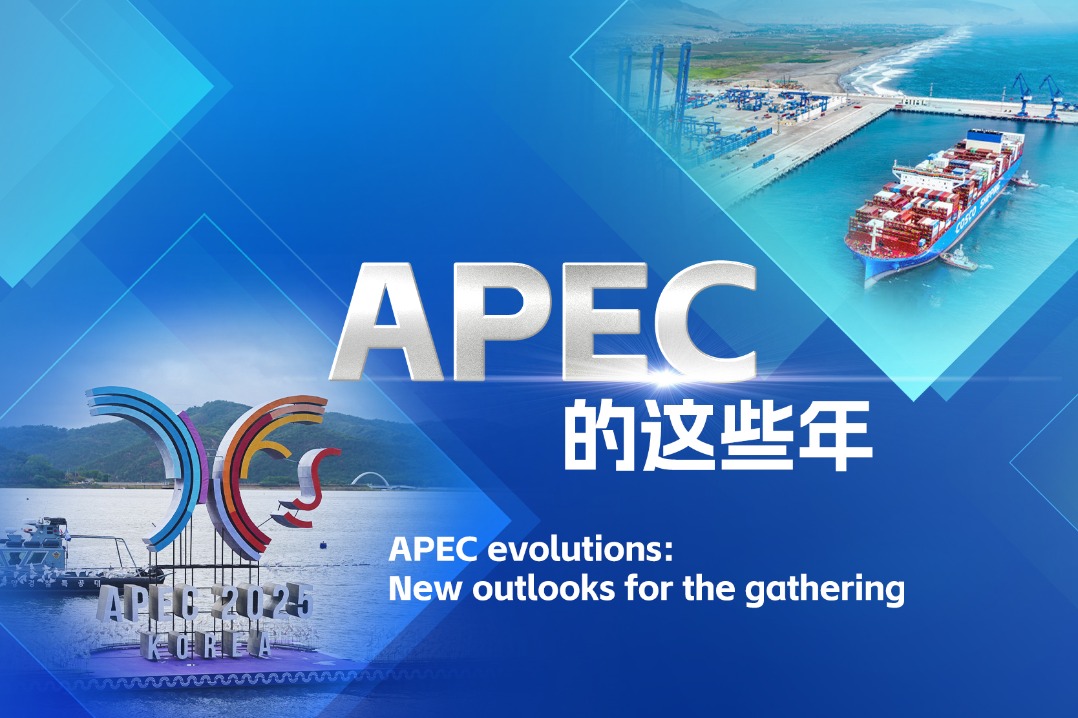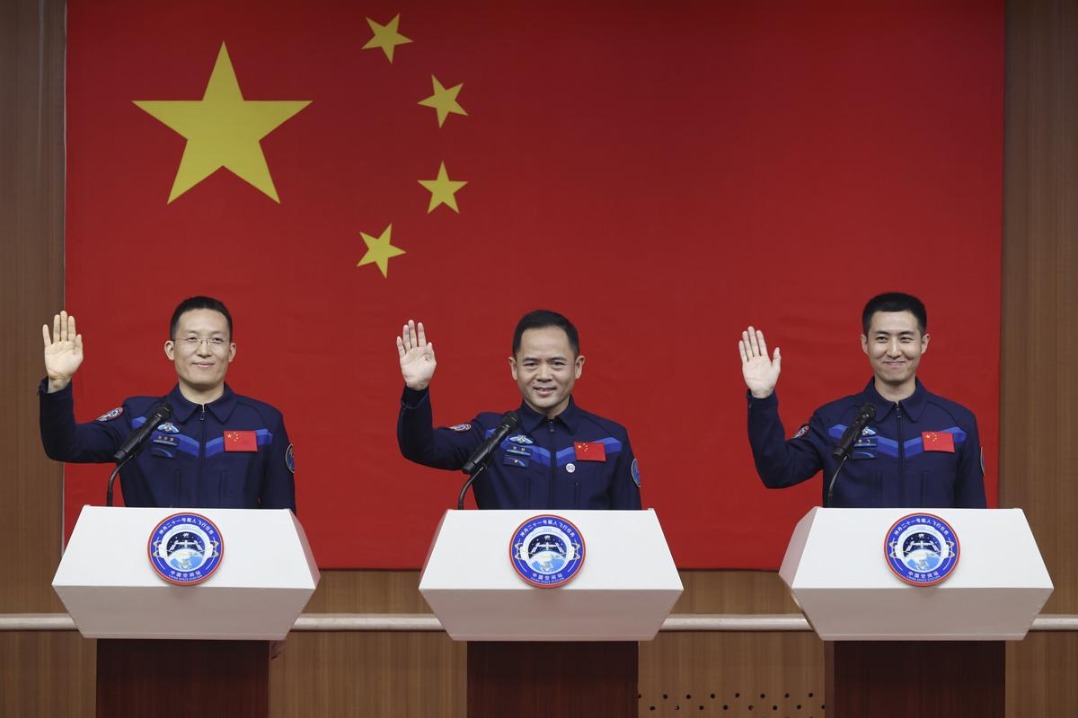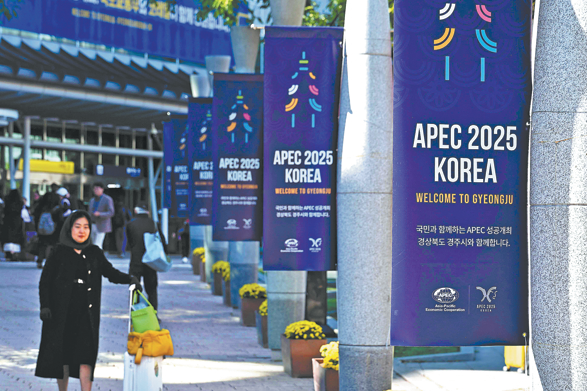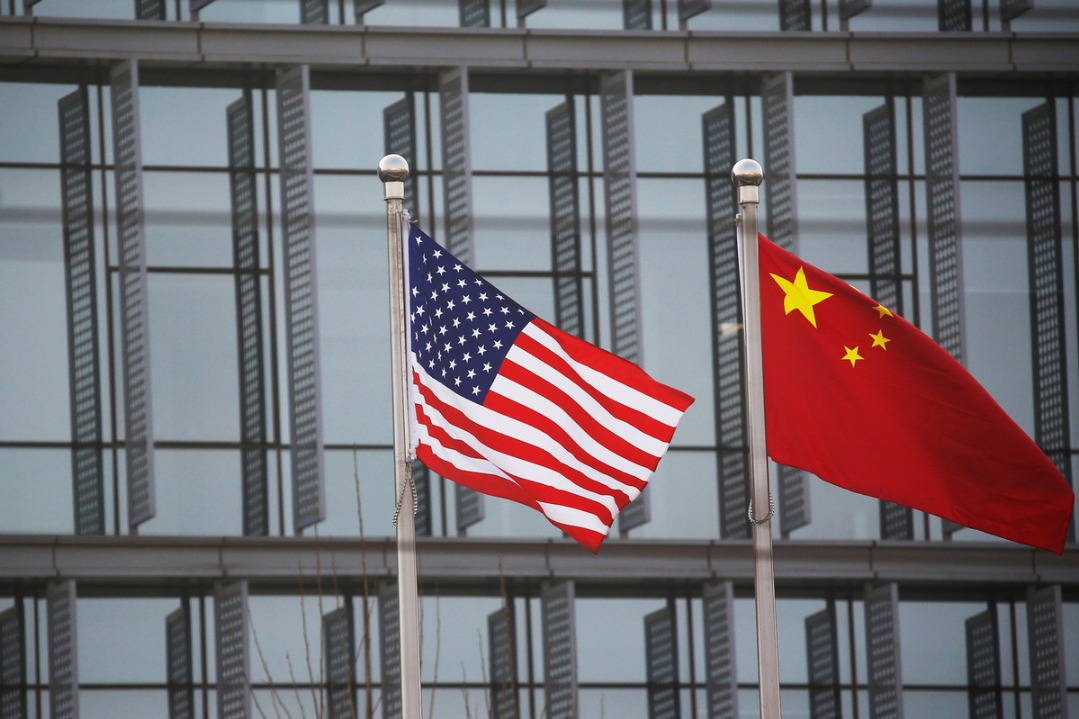Xi-Trump meeting vital for steering Sino-US ties

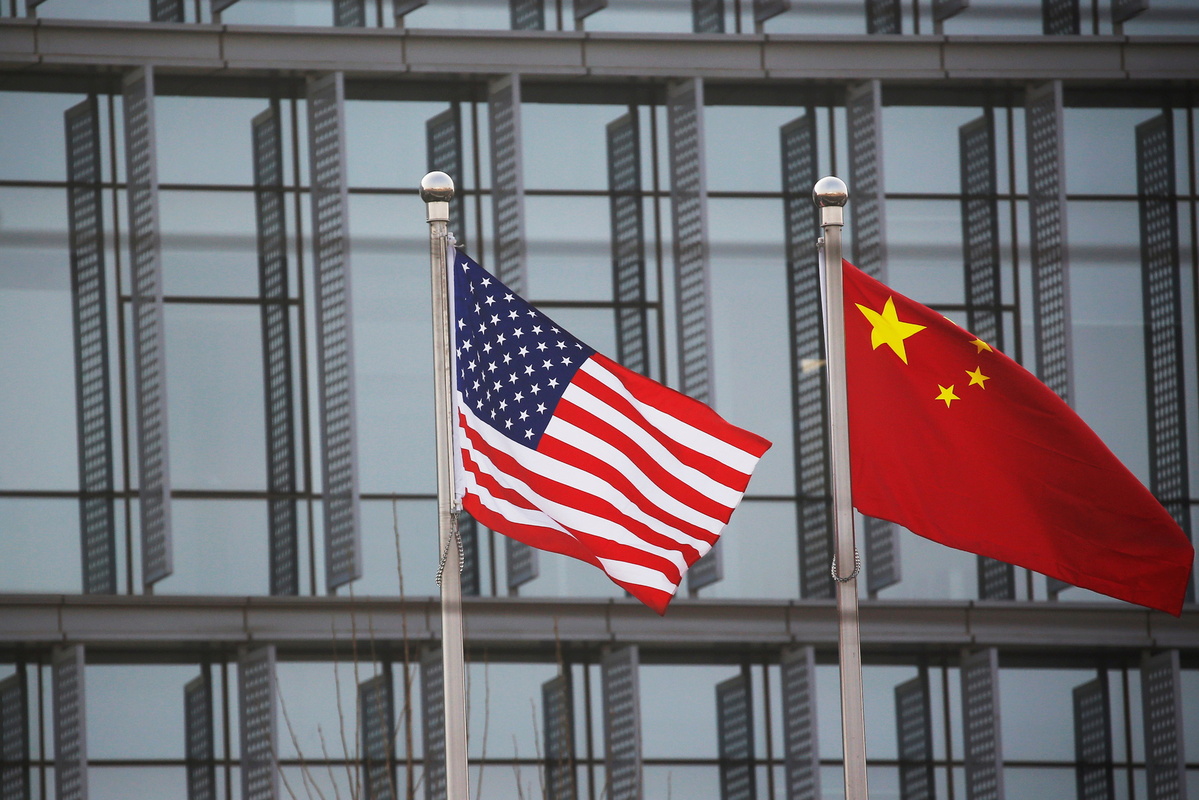
Given recent frictions between Beijing and Washington over tariffs and rare earth exports, no wonder the world's spotlight was on the meeting between Chinese President Xi Jinping and his US counterpart Donald Trump in Busan, the Republic of Korea, on Thursday.
In the first face-to-face meeting between the two leaders after Trump assumed his second term, Xi calls on China, the US to focus on long-term benefits brought by cooperation rather than falling into vicious cycle of retaliation, stressing that economic and trade teams of China and the US need to constantly narrow down list of problems, extend list of cooperation.
The meeting took place against the backdrop of an economic slowdown and trade protectionism affecting many APEC economies. The US' tariff policy posed a significant threat to the global multilateral trading system. According to the APEC Regional Trends Analysis report released in May 2025, economic growth in the APEC region is projected to slow down to 2.6-2.7 percent in 2026, a notable decline from 3.6 percent in 2024. In addition, many APEC economies are grappling with challenges such as declining exports, rising fiscal deficits and a shrinking labor force due to aging populations, casting a shadow over the region's long-term growth prospects.
The trajectory of Sino-US friction since April demonstrates that Washington should not underestimate the resilience of China's economy nor Beijing's resolve to resist coercion. What President Xi said has chartered a right course that the two major countries should move forward, and President Trump said he has made deals with China after the meeting. Therefore in the following-up, disagreements across US departments should not be allowed to disrupt bilateral consultations about the details.
Just as President Xi said, China never seeks to challenge or replace any country, but just focuses on doing its own business well. Confrontation is not China's goal, yet to promote stability, countermeasures are necessary. It is crucial for the big two countries to avoid a path of antagonism. The healthy development of bilateral relations is crucial for stability in the Asia-Pacific region and holds significance for the global economy.
In fact, the respective domestic economic transformations of the world's two largest economies can also create opportunities. In 2024, the total value of US trade in goods and services reached $7.3 trillion, while China's was approximately $7.1 trillion. China is striving to become a "major consumer", with annual consumption nearing 50 trillion yuan ($7.04 trillion).
The communique issued after the recently-concluded fourth plenary session of the 20th Central Committee of the Communist Party of China emphasizes working toward improving living standards while increasing consumer spending and coordinating investments in physical assets and human capital.
With a population of over 1.4 billion, China's middle-income group is projected to exceed 800 million within the next decade, signaling immense market potential. This presents significant opportunities for foreign companies, including US firms. While the US aims to revitalize its manufacturing sector, and Chinese enterprises are willing to invest in the US, this requires the US side to provide a stable and predictable investment environment for Chinese investors.
As the world's two largest economies, both the US and China have a responsibility to inject stability into global development and engage in deeper dialogue on how to better ensure both development and security.
The two countries should engage in dialogue on issues such as the multipolar world and identify the right way for major countries to coexist. Clearly, the US administration hopes to reduce the burden of maintaining the international order, but this should not undermine multilateral mechanisms or neglect shared global interests. Whether in the Asia-Pacific region or other areas, there is room for coordination between China and the US.
The US needs to move beyond a zero-sum mindset and refrain from viewing Sino-US relations through a winner-versus-loser lens. Hopefully the APEC meeting in the ROK has presented an opportunity for the two nations to deepen dialogue, as the whole world hopes Sino-US ties will progress toward a track of "strategic stability".
The author is a professor and deputy director at the Center for American Studies, Fudan University.
The views don't necessarily represent those of China Daily.
If you have a specific expertise, or would like to share your thought about our stories, then send us your writings at opinion@chinadaily.com.cn, and comment@chinadaily.com.cn.
















